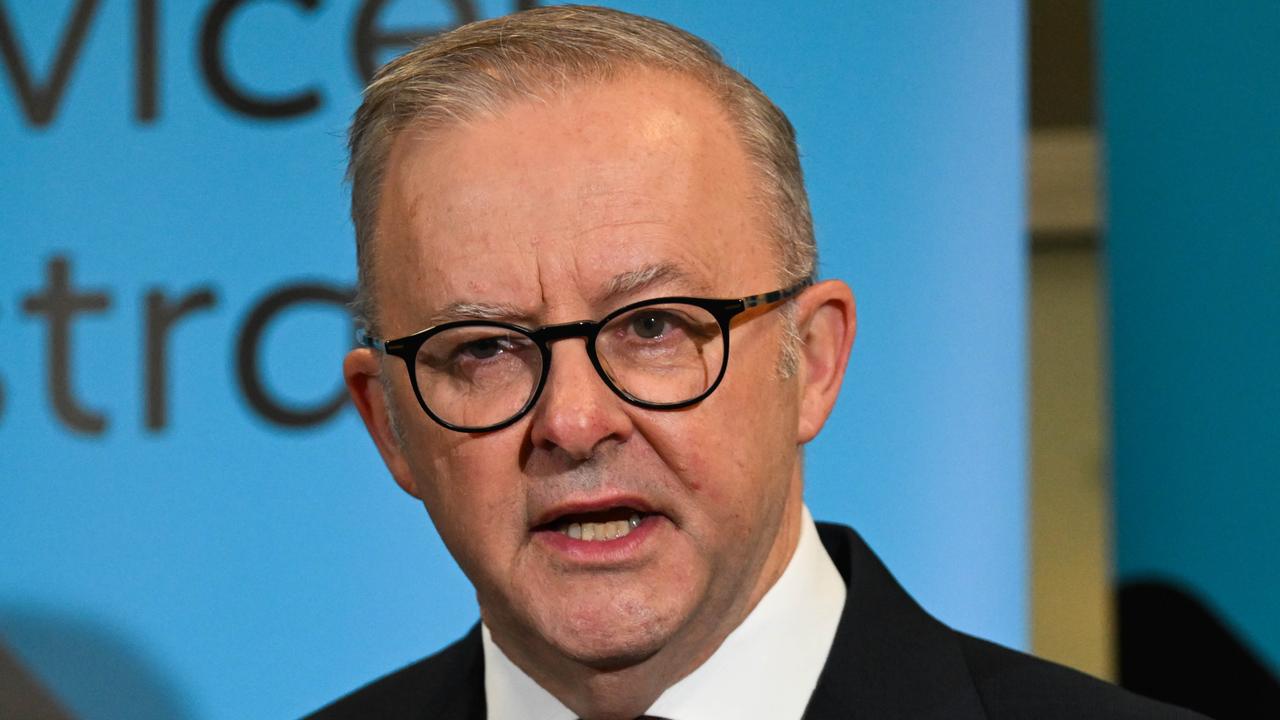United Workers Union poll highlights looming walkout of childcare profession
Childcare workers in their hundreds are on the brink of quitting over low salaries, high workloads and chronic understaffing.
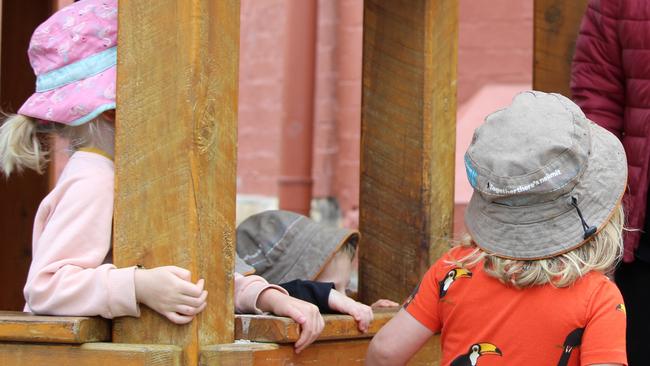
NSW
Don't miss out on the headlines from NSW. Followed categories will be added to My News.
Childcare workers in their hundreds are on the brink of quitting over low salaries, high workloads and chronic understaffing, and nearly half say they’ll be out within the year if the Albanese government doesn’t give them a pay rise.
A snap poll of more than 500 early childhood educators by the United Workers Union found less than 15 per cent were prepared to stay in the sector if the federal government does not fund a real pay rise for educators imminently.
A quarter of respondents said they would leave the childcare sector in less than a year, and a further 23.3 per cent said they would quit in the next six months. If they follow through, it will put yet more pressure on a workforce already in crisis.
The union also asked members if other staff had to “leave your centre in the past 12 months due to stress and burnout” to which more than 85 per cent said yes. One in three said more than three colleagues had quit.
UWU early education director Helen Gibbons early education directors said the survey results have dire implications for families already struggling to find care.
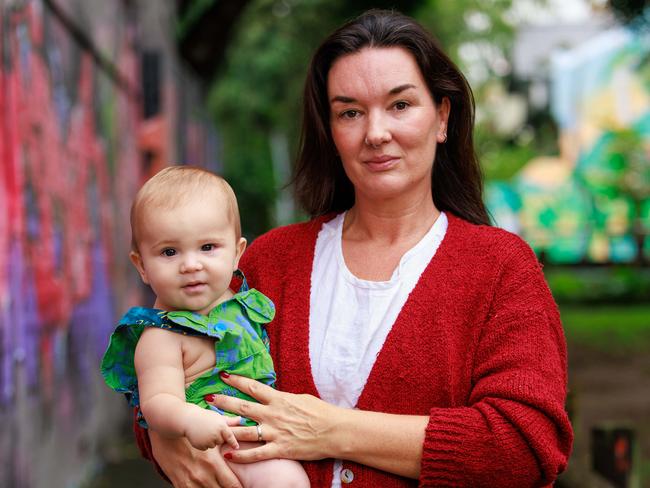
“We’ve already got the problem that parents are being turned away because centres don’t have the staff to open the rooms … that’s already the case everywhere, across the country,” she said.
“You can imagine the chaos that will ensue if (these survey results) come to pass.”
Under the Children’s Services Award, certificate and diploma-qualified childcare workers earn between $26 and $42 an hour. Early childhood teachers with Bachelor degrees start on an award rate of $67,500 per year, while in NSW primary and high school beginning teacher wages now start at $85,000 per year.
Ms Gibbons said the “appalling” pay rate is “outrageous” for workers who are qualified, experienced and hardworking, who “can’t afford to pay their own bills”.
“If you don’t fix pay, you can’t fix anything else,” she said.
“If you want to pay educators more, either the government has to pay or parents have to pay higher fees, and no one wants to see families foot the bill.”
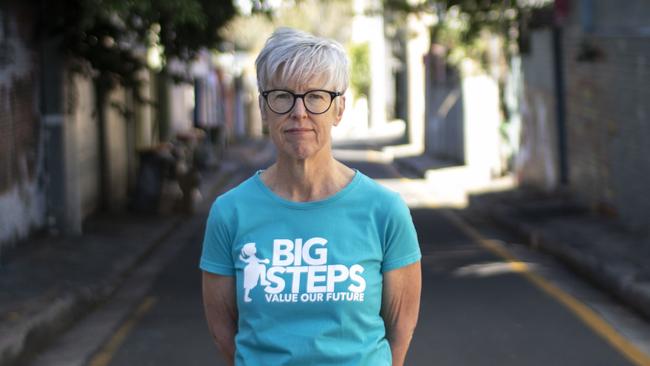
42-year-old Talie Mengell left her 20-year career in childcare 18 months ago after the pressure and pay became too much to bear, and after a short stint as a paid union delegate now earns “significantly more” working two jobs in events management and as an office worker.
Working in the “broken” for-profit sector as a centre director put Ms Mengell on a fast track to burning out, she said, and the pay wouldn’t come close to covering her $1300 per week rent inner west rent.
“We’d lose staff regularly because they go into jobs where they’ve not got the same stress levels, they’ve not got the paperwork obligations … it’s a catch-22,” she said.
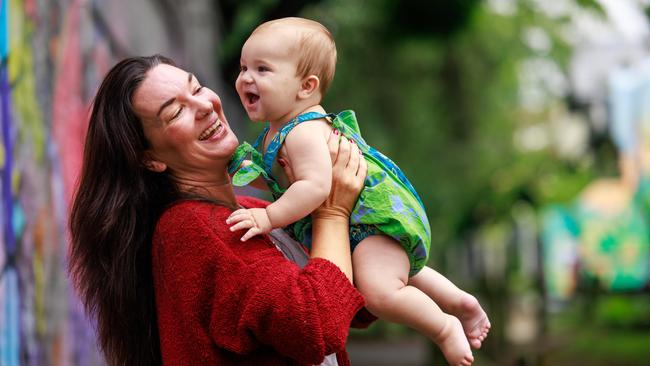
“I’d struggled for a long time because I just couldn’t adequately staff the centre … and there was a lot of anger about the understaffing.
“I got really burnt out and I got really upset with the whole organisation. It’s so broken.”
The ex-educator said childcare services ultimately “shouldn’t be allowed to be profitable businesses”, but lifting wages for workers and not CEOs “would be a really good start”.
“Migrants are being funnelled into early education, but once they get their visas they realise it’s not worth it, they could go and work at Woolworths for more,” Ms Mengell said.
The UWU will stage a national walkout on March 8, forcing hundreds of childcare centres to close, if the federal government does not come to the negotiating table. The union is calling for wage increases of 25 per cent.



